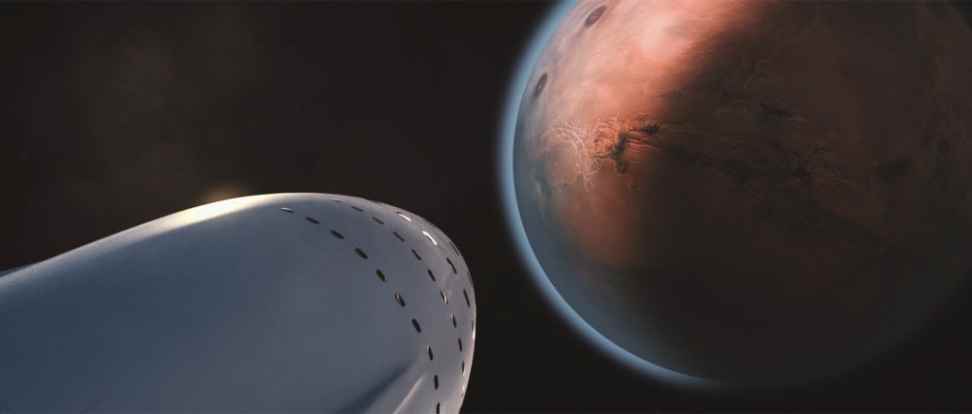Alphaexch247, Kabook Login, VL Book: Space exploration has long captured the imagination of humans, pushing the boundaries of what is possible beyond Earth’s atmosphere. Since the launch of Sputnik 1 in 1957, countries around the world have been dedicating resources to explore space, leading to remarkable achievements. From the Moon landing in 1969 to the ongoing missions to study planets and asteroids, space exploration continues to be a key area of scientific advancement.
Advancements in technology have played a crucial role in allowing scientists and astronauts to venture deeper into space. Robotics, spacecraft design, and communication systems have all evolved significantly, enabling longer missions and greater exploration capabilities. Furthermore, international collaborations have become more common, with organizations like NASA and the European Space Agency working together to achieve ambitious goals in understanding and exploring the universe.
Current Challenges in Colonizing Mars
The harsh Martian environment poses significant challenges for potential colonization efforts. The thin atmosphere on Mars lacks the necessary oxygen for humans to breathe, making it essential to develop sustainable life support systems. Additionally, the extreme temperatures on the planet fluctuate between -195�F and 70�F, requiring innovative solutions to ensure the safety and well-being of future Martian settlers.
Another key challenge facing the colonization of Mars is radiation exposure. With a thin atmosphere and lack of a protective magnetic field like Earth�s, Mars is bombarded by harmful cosmic and solar radiation. This poses risks to human health over an extended period, necessitating the development of effective shielding technologies to minimize exposure levels for colonists.
Potential Benefits of Colonizing Mars
Tigerexch247, GX247, Mglionbet: Exploring the possibility of colonizing Mars brings with it a myriad of potential benefits for humanity. One key advantage is the opportunity it presents for scientific advancement. By establishing a human presence on Mars, scientists would have access to a new frontier for research, offering unique insights into planetary science, astrobiology, and the evolution of our solar system.
Moreover, the colonization of Mars could serve as a crucial stepping stone for human expansion beyond Earth. By establishing a sustainable settlement on another planet, we would not only ensure the survival of our species in the event of catastrophic events on Earth but also open up new avenues for exploration and discovery in the vast expanse of space. Such endeavors could lead to the development of new technologies and resources that benefit both our understanding of the universe and our own civilization.
� Facilitates scientific advancement in planetary science, astrobiology, and solar system evolution
� Offers a new frontier for research with unique insights
� Acts as a crucial stepping stone for human expansion beyond Earth
� Ensures survival of the species in case of catastrophic events on Earth
� Opens up new avenues for exploration and discovery in space
� Leads to the development of new technologies and resources
Why is space exploration important?
Space exploration helps us understand the universe better, develop new technologies, and potentially find solutions to challenges we face on Earth.
What are some of the current challenges in colonizing Mars?
Some of the current challenges include long-duration space travel, radiation exposure, lack of resources on Mars, and the psychological effects of isolation.
What are some potential benefits of colonizing Mars?
Potential benefits of colonizing Mars include expanding human civilization beyond Earth, conducting valuable scientific research, developing new technologies, and potentially finding new resources for sustainable living.

